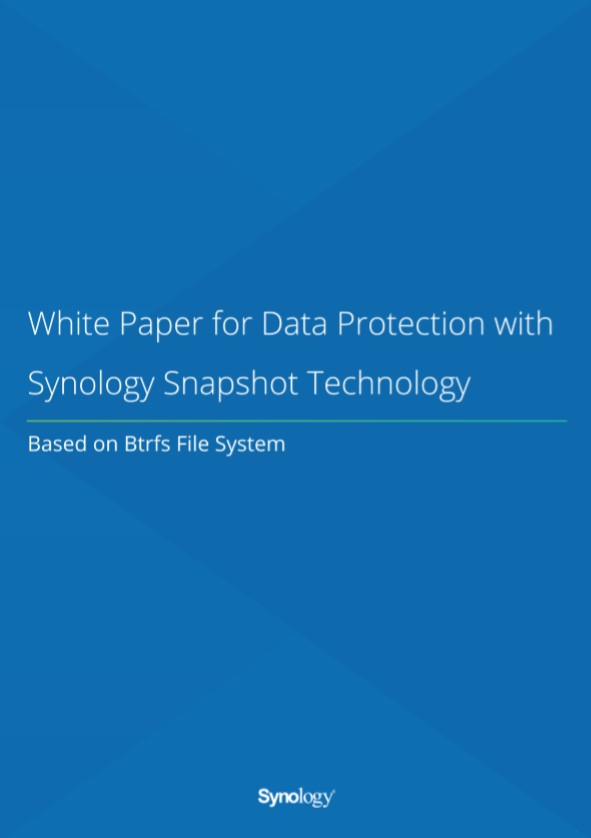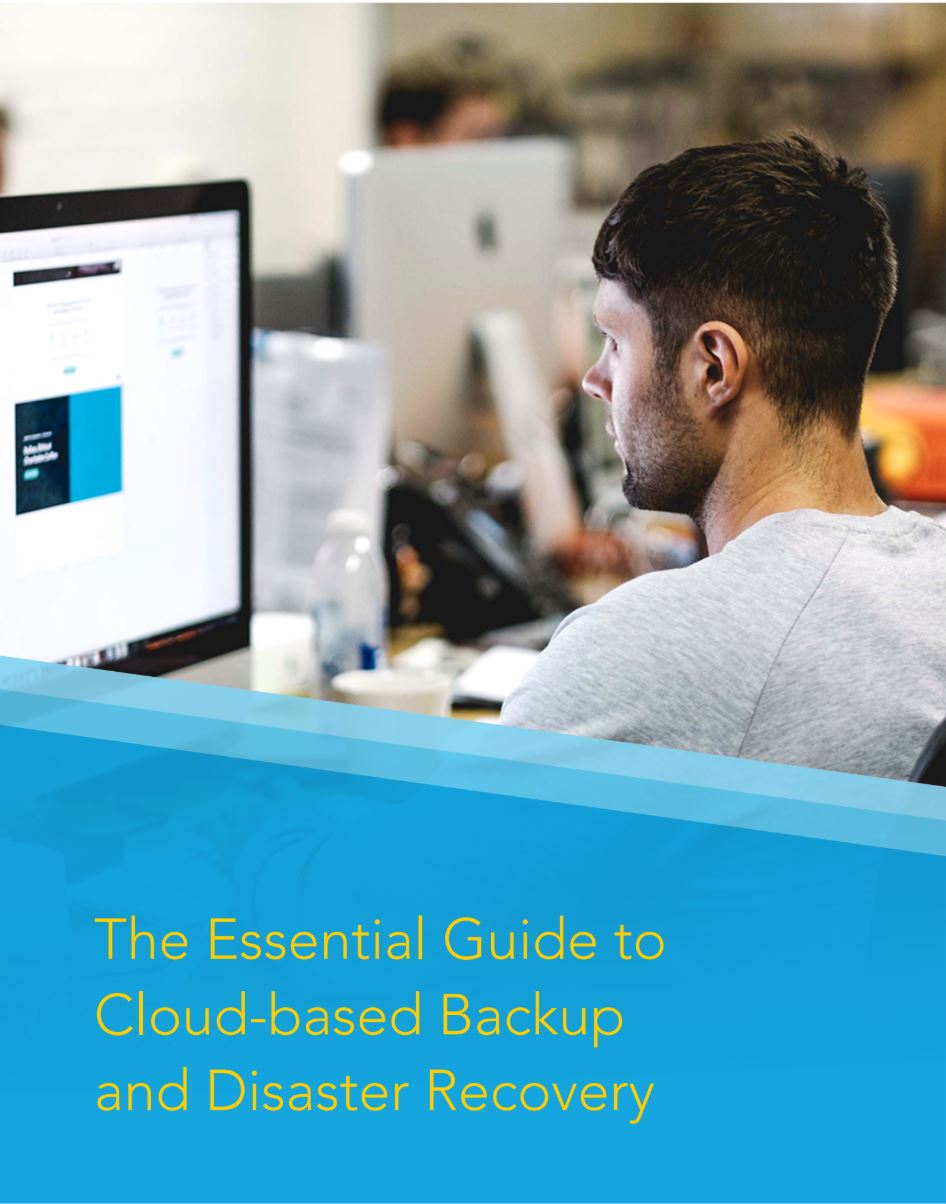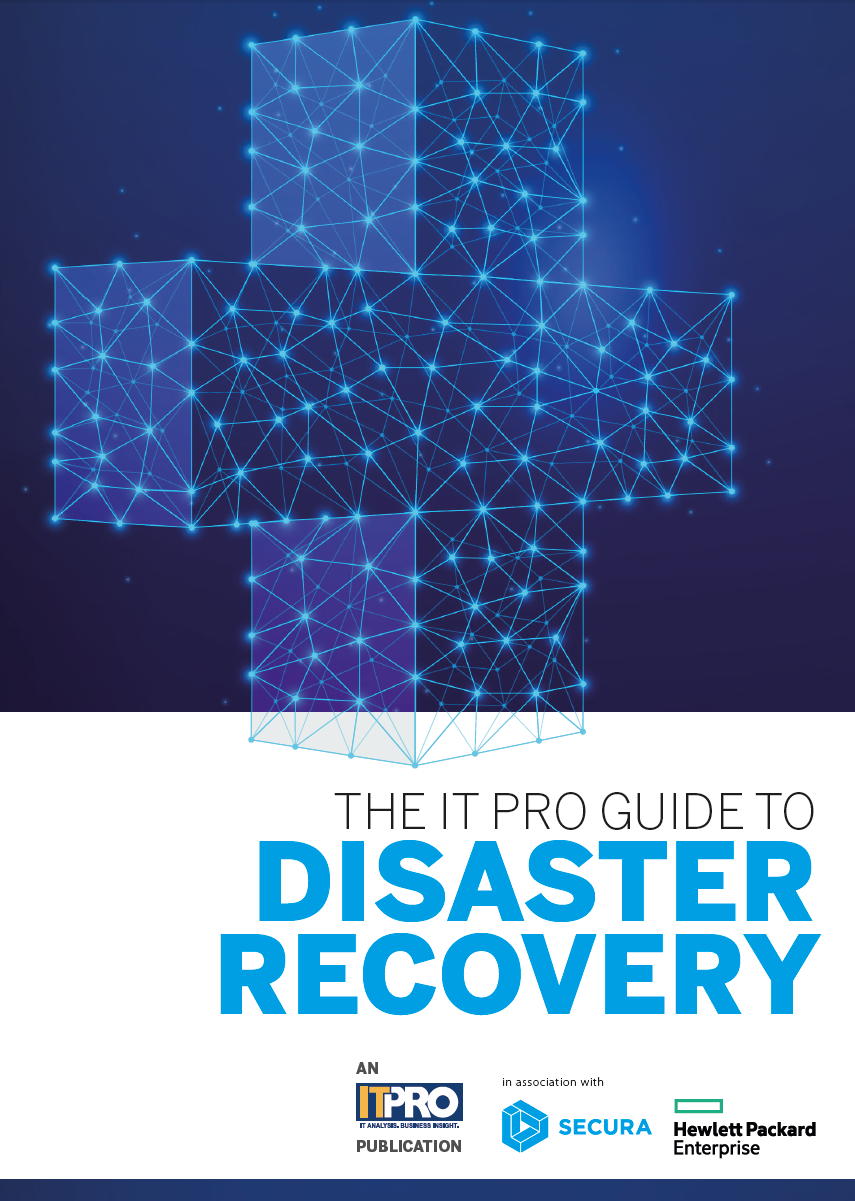Lax practices belie backup confidence
A major survey of UK companies’ backup and recovery provisions has found security and procedural best practice are sorely lacking.


The latest research into the backup and recovery habits and attitudes of UK firms has revealed weak handling of governance and security despite overall confidence in disaster recover (DR) IT systems and practices.
The annual Databarracks backup and recovery survey questioned 500 companies and found overall, 91 per cent claim to be confident in their provision of these systems.
However, nearly three quarters (74 per cent) do not use encryption or replication and do not take backups offsite, yet were still confident of their DR capabilities despite skipping these steps.
Perhaps more alarmingly, the high overall confidence rating belied the fact that two thirds (67 per cent) still consider their backup solution to be secure even though they do not keep or check backup logs and do not test their restores to ensure that they are working properly.
This false confidence betrayed a gap in understanding of the DR technologies available and the importance of having business continuity and DR plans in place, according to Databarracks managing director, Peter Groucutt.
"These days it is not enough to blindly trust that backups are being completed properly," he said. "Businesses and the regulatory environment in which we all exist demand fast and reliable recovery time objectives for IT systems."
The confidence UK firms have in their backup and recovery systems could be potentially be attributed to the fact that hardware failures as a source of data loss have dramatically fallen compared to previous survey findings.
Get the ITPro daily newsletter
Sign up today and you will receive a free copy of our Future Focus 2025 report - the leading guidance on AI, cybersecurity and other IT challenges as per 700+ senior executives
The survey revealed that 27 per cent of companies' data loss was caused by human error, 26 per cent from hardware failure and 19 per cent from software failure. Previous, 2006 Databarracks reports indicated that hardware failure caused the majority of data loss at 61 per cent, while human error only accounted for 2 per cent.
Although this change could possibly be attributed to improvements in software and hardware resiliency in the last two years, Groucutt said that should leave no room for complacency.
"Such is the pace at which a modern company transacts business these days that those who are without their IT for any great length of time are losing serious money," he added. "Customers are also becoming a lot more aware of the information that companies hold and are getting less and less forgiving about delivery disruption, let alone the thought of their sensitive data being transported in a an unencrypted and readable format."
A 25-year veteran enterprise technology expert, Miya Knights applies her deep understanding of technology gained through her journalism career to both her role as a consultant and as director at Retail Technology Magazine, which she helped shape over the past 17 years. Miya was educated at Oxford University, earning a master’s degree in English.
Her role as a journalist has seen her write for many of the leading technology publishers in the UK such as ITPro, TechWeekEurope, CIO UK, Computer Weekly, and also a number of national newspapers including The Times, Independent, and Financial Times.
-
 CISA issues warning in wake of Oracle cloud credentials leak
CISA issues warning in wake of Oracle cloud credentials leakNews The security agency has published guidance for enterprises at risk
By Ross Kelly
-
 Reports: White House mulling DeepSeek ban amid investigation
Reports: White House mulling DeepSeek ban amid investigationNews Nvidia is caught up in US-China AI battle, but Huang still visits DeepSeek in Beijing
By Nicole Kobie
-
 Government holds talks with data centre operators over energy blackout threat
Government holds talks with data centre operators over energy blackout threatNews One data centre operator has been preparing to switch over to diesel power in the event of a national blackout
By Zach Marzouk
-
 Re:Invent 2021: Zerto unveils its disaster recovery solution for AWS
Re:Invent 2021: Zerto unveils its disaster recovery solution for AWSNews Zerto In-Cloud for AWS automates on-premises and cloud failover, recovery, and testing workflows
By Praharsha Anand
-
 OVH data centre fire shows backups should be standard, founder says
OVH data centre fire shows backups should be standard, founder saysNews Octave Klaba suggests many customers incorrectly assumed backups were a default part of their contract
By Bobby Hellard
-
 Investigation underway into cause of OVH data centre fire
Investigation underway into cause of OVH data centre fireNews French firm urges customers across Europe to trigger disaster recovery plans
By Bobby Hellard
-
 Keep your data available with snapshot technology
Keep your data available with snapshot technologyWhitepaper Synology’s solution to your data protection problem
By ITPro
-
 The essential guide to cloud-based backup and disaster recovery
The essential guide to cloud-based backup and disaster recoveryWhitepapers Support business continuity by building a holistic emergency plan
By ITPro
-
 What Sheryl Crow can teach us about data protection
What Sheryl Crow can teach us about data protectionOpinion The country singer’s experience offers a cautionary tale for IT admins
By Adam Shepherd
-
 The IT Pro guide to disaster recovery
The IT Pro guide to disaster recoveryWhitepapers What will you do when disaster strikes?
By ITPro